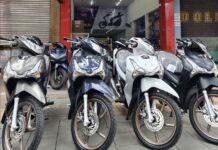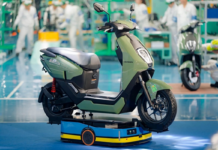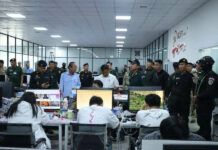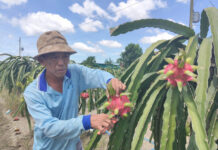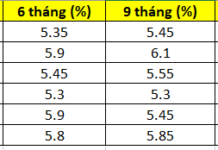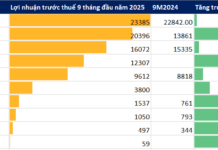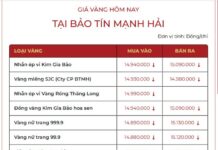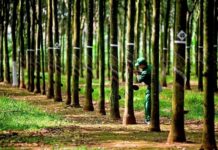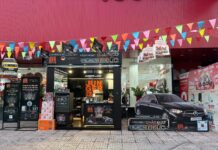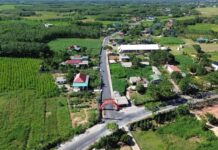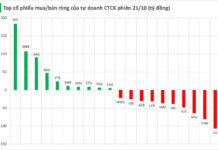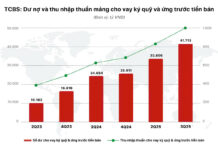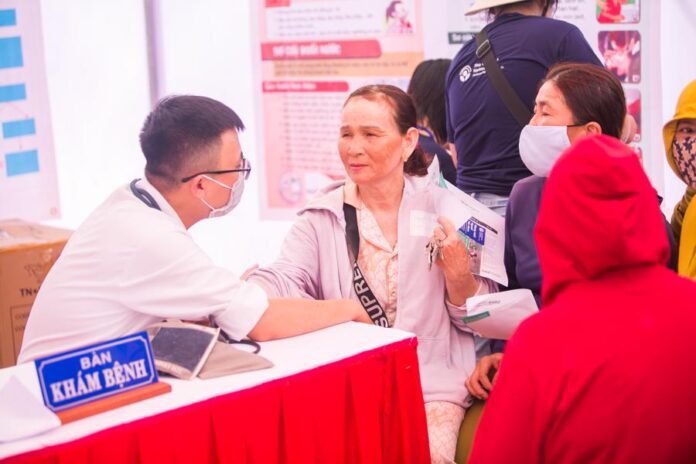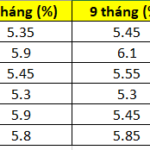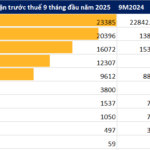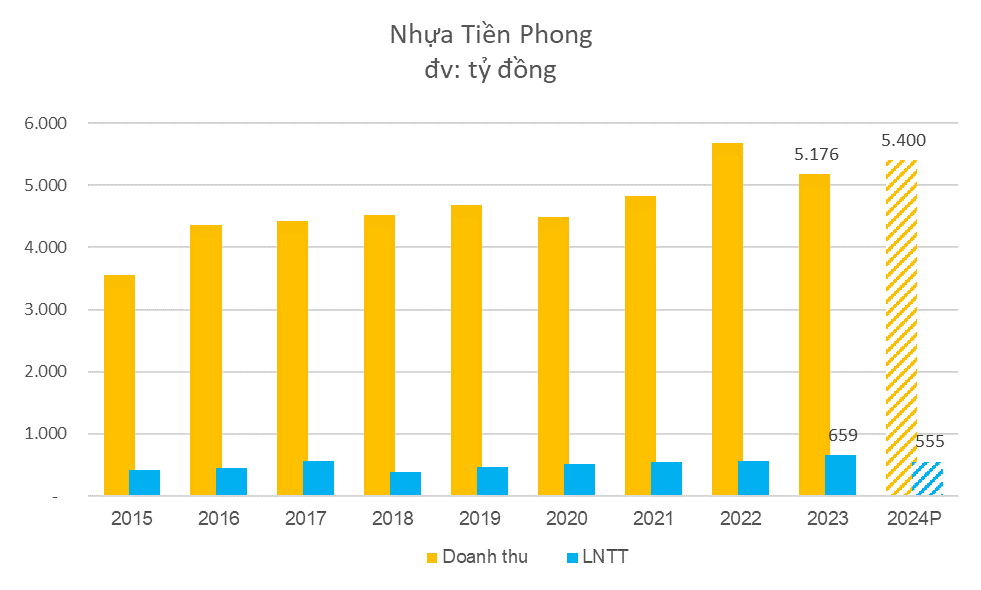WASTE COLLECTION: A LIVELIHOOD FOR THE UNDERPRIVILEGED
“Anyone selling scrap metal and junk?”
This familiar shout, heard on both busy streets and quiet village alleys, instantly identifies the speaker as a waste collector. According to statistics, 82% of waste collectors are women, most of whom live below the poverty line and face significant challenges in their daily lives.
Informal waste collectors often have unstable incomes that depend on the amount of recyclable waste they can gather. They typically lack proper protective gear and have not received any training or skills development related to their work.
In cities, most waste collectors are elderly or have reduced work capacity, and many are migrants from other regions. Working outdoors and relying on the weather and scavenging for their income, they face considerable difficulties in maintaining a stable livelihood.
Ms. Xi, who has been working as a waste collector for over a decade, shared her experience: “Most of the time, people throw away recyclable materials like paper, plastic bottles, aluminum cans, and scrap metal. So, while we call it ‘scavenging,’ sometimes we are actually buying these items from people who have sorted them out.”
EFFORTS TO PROVIDE WELFARE FOR INFORMAL WASTE COLLECTORS
To alleviate the hardships faced by waste collectors, the Waste Collectors Network (supported by the social enterprise ReForm Plastic) partnered with Coca-Cola Vietnam through the EkoCenter Danang Community Support Center. Together, they have implemented several initiatives to improve the lives of informal waste collectors in Danang City.
Since the beginning of 2024, this collaboration has made significant progress in expanding the reach of the Waste Collectors Network. Through the EkoCenter Danang, the program has organized practical activities to provide essential support and benefits to its members while raising awareness about the important role of informal waste collectors in society.
One notable activity was the “Health and Occupational Safety Day for Waste Collectors,” which offered free health check-ups and distributed protective gear, including helmets, breathable masks, reflective vests, and rubber gloves to protect against contaminated water. Each participant received travel support to ensure they could attend the full training session.
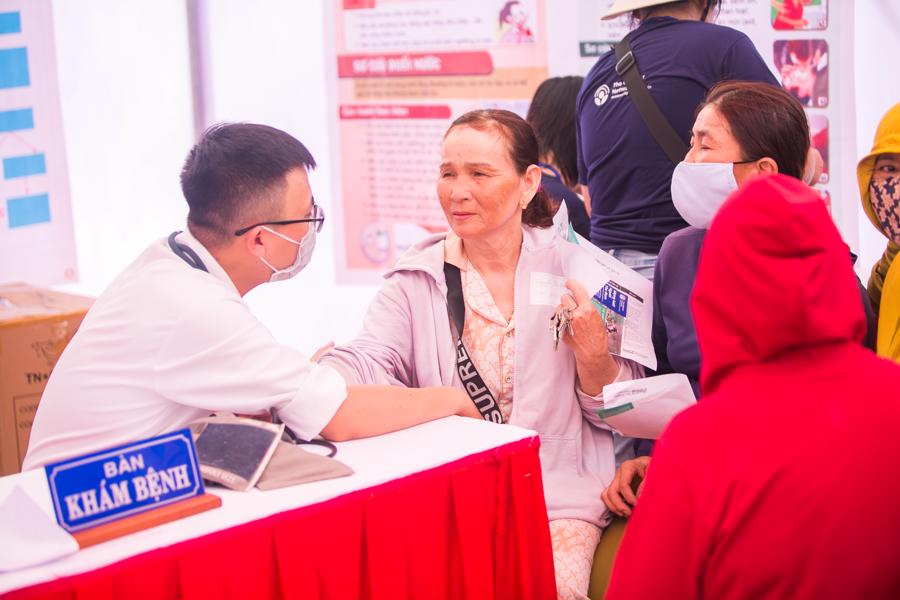
In April 2024, the Waste Collectors Network and EkoCenter Danang presented 50 health insurance cards to waste collectors facing financial difficulties in accessing basic healthcare services. This initiative provided much-needed security and peace of mind to these workers.
Ms. Lien, a member of the Waste Collectors Network, expressed her gratitude upon receiving her health insurance card: “I have an underlying medical condition, so I need continuous health insurance coverage. I was overjoyed when I found out about the insurance gift, especially since my previous coverage had just expired. This support means a lot to me.”
Although they are not formally employed by any company, through the assistance of the Waste Collectors Network and EkoCenter Danang, these informal waste collectors in Danang have gained access to various “welfare benefits.” They can now avail of general health check-ups, examinations, treatments, and even free eye surgery at hospitals with specialized doctors.
TURNING WASTE INTO INCOME AND ENVIRONMENTAL PROTECTION
Waste management is a significant burden on the state budget. Sorting waste at the source of collection can help reduce costs, minimize environmental pollution, and enable the reuse of recyclable materials. For waste collectors, it also presents an opportunity to increase their income.
Since March 2024, the Waste Collectors Network and the EkoCenter Danang have been implementing the “Recyclable Waste Collection from Enterprises and Business Establishments” program. This initiative connects businesses and waste collectors for faster and more convenient waste sorting at the source. Participating enterprises receive free waste sorting services, and waste collectors involved in the sorting process can earn additional income.
Ms. Suong, a member of the Waste Collectors Network, shared her experience: “I started collecting waste from that hotel when it first opened, and I had to pay a fee to do so. But now, I can collect waste for free because the hotel has agreed to join the Waste Collectors Network’s waste collection program.” Knowing that the Network is organizing more programs focused on environmental protection, Ms. Suong is eager to participate in these future events and activities.
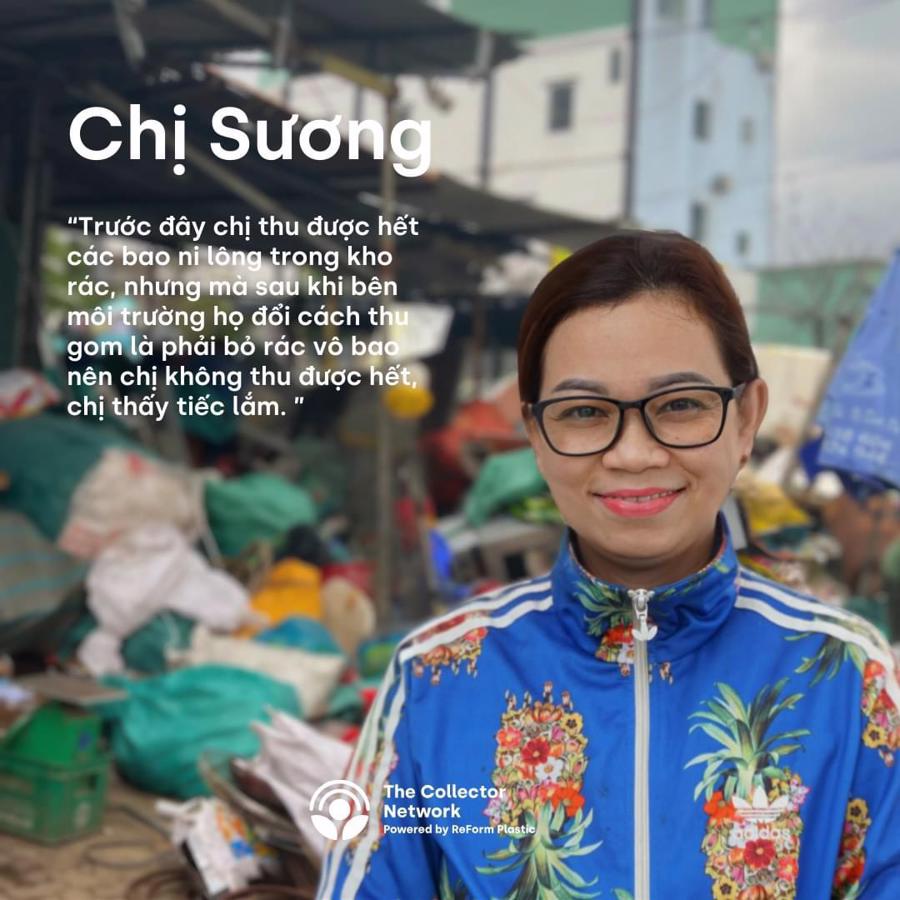
Dr. Kasia Weina, Director and Co-founder of ReForm Plastic, emphasized the impact of the collaboration: “The partnership between EkoCenter Danang and the Waste Collectors Network has brought ‘welfare’ to numerous waste collectors in Danang. The provision of personal protective equipment and knowledge about health protection during waste collection are unprecedented ‘benefits’ for these workers. However, the more significant welfare is the assurance of their livelihood as waste collectors gradually transition into the formal waste management sector.”

